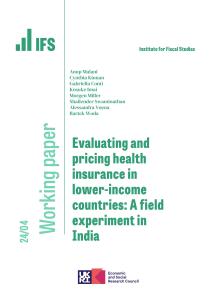The aim of this study was to determine whether frailty in older adults is associated with the risk of subsequent dementia. A total of 8,722 older adults from the English Longitudinal Study of Ageing were followed-up every two years until they reported a diagnosis of dementia, died, or were right censored. Frailty was defined using a frailty index comprised of 47 health deficits. To test if cognitive function influences the relationship between frailty and incident dementia, the analyses were repeated according to lower or upper three quartiles of baseline cognitive function. Competing risks regression and Cox proportional hazard models were used to evaluate whether the degree of baseline frailty was associated with incident dementia. Compared with non-frail participants, pre-frail (HR: 1.51 95%CI [1.12–2.02]) and frail participants (HR: 1.73 95%CI [1.22–2.43]) had a higher risk of developing dementia, after adjustment for covariates. The association between frailty and incident dementia was significant for adults in the upper three quartiles of global cognitive function (HR: 3.48 95%CI [1.98–6.12]), but not for adults who were in the lowest quartile of cognitive function (HR: 1.13 95%CI [0.74–1.71]). Frailty should be monitored alongside cognitive functioning when assessing risk factors for dementia in older adults








